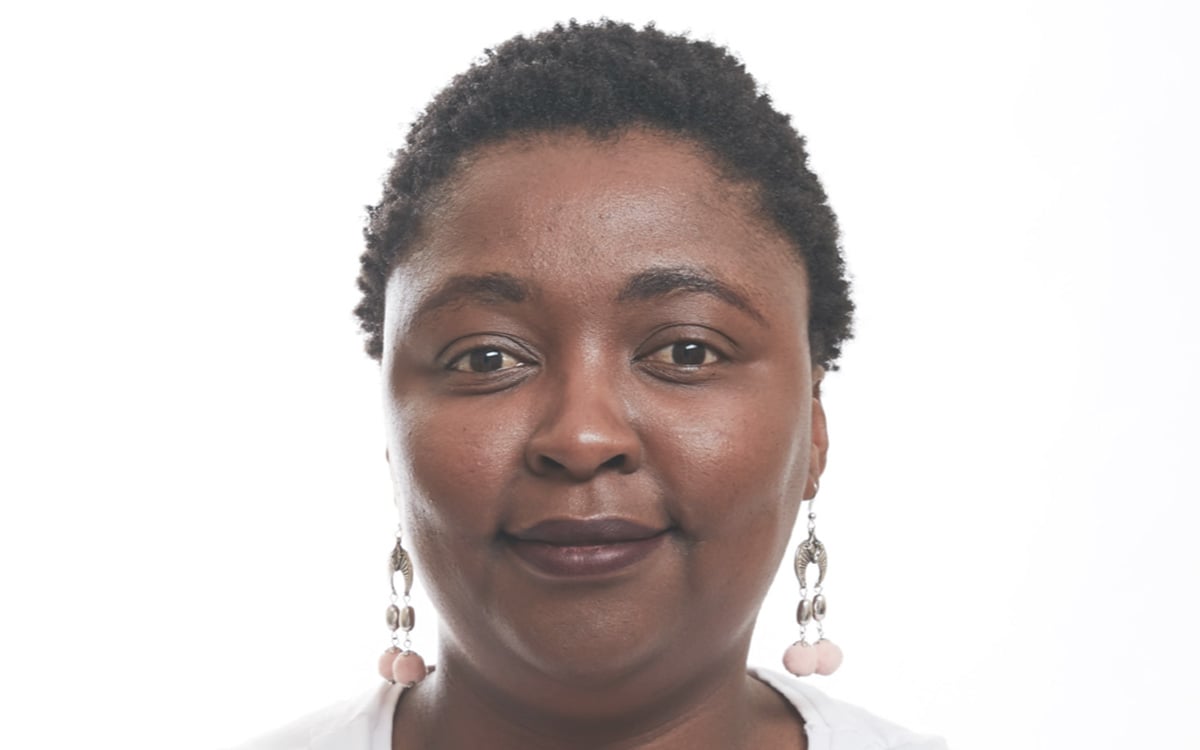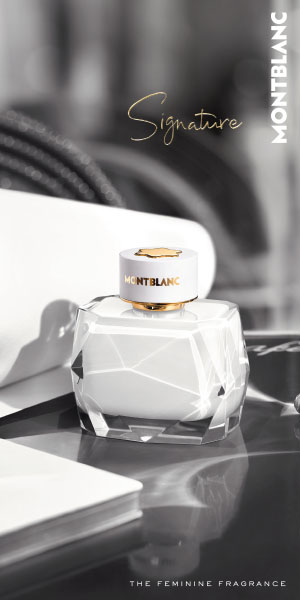There are a number of factors discouraging young girls from developing an interest in STEM (science, technology, engineering and maths) subjects, says Rethabile Mashale Sonibare, pioneering founder and managing director of the global initiative, Molo Mhlaba.
“Girls are not socialised early enough through STEM toys, schooling and content. STEM toys are predominantly associated with, and marketed to, boys,” Sonibare says.
Although it may seem obvious, research into this cultural occurrence — how gender divides start in early childhood development — clearly supports Sonibare’s thesis: young boys are systemically encouraged to believe that they make natural scientists, instigators, thinkers and inventors, while girls receive the cultural message that they do not.
This, together with possible hostility in STEM-related working environments and persistent patriarchal attitudes in our social landscape, presents a considerable obstacle to young women — barriers Sonibare is determined to overcome.
Her impressive non-profit start-up organisation Molo Mhlaba champions the right for all to quality education in the fields of technology, science and mathematics.
Since its inception in 2018, it has gained remarkable traction despite the seemingly insurmountable challenges presented in 2020 by the onset of the Covid-19 pandemic. The organisation now boasts eight global chapters, reaching as far afield as Belgium, Canada and Italy, while honouring its ethos of championing education, justice and gender parity.
Regardless of continued efforts to improve representation in the field, systemic change is slow and sometimes reluctant. Research shows that about 60% of young people effectively drop out of school with no school-leaving qualifications to their names.
Girl learners seem to have been particularly vulnerable to the catastrophic consequences of the pandemic on education, with national school shutdowns further compounding the existing problems.
To dismantle gender bias in education requires commitment and drive from key decision-makers who are involved in transforming educational policy, something Sonibare advocates for passionately and vocally.
“There is a lack of political will to radically reimagine education so that it is forward-thinking, community-owned and depoliticised.”
This is why Sonibare’s work through Molo Mhlaba is vital. Not only does it facilitate quality education for female learners in areas where they have been historically disenfranchised, but it also introduces them to the growing variety of formidable women pioneers in the field.
The programme provides a safe space for girl learners to grow, thrive and be heard — crucial now more than ever in a country struggling to address the ongoing scourge of gender-based violence (GBV).
The climate of violence against women severely curtails any young woman’s ability to imagine a future where her contributions and achievements are honoured and celebrated. It retards social growth and impedes a woman’s ability to function, succeed and develop, says Sonibare.
.
“Social punishment and our justice system do not work in harmony to create a culture of intolerance for GBV. We are always going to have this problem if we don’t normalise a culture of non-acceptance,” she adds.
Of South Africa’s tendency to see advocacy against the problem as a “women’s issue”, Sonibare’s stance is decisive: “Women are not responsible for educating and advocating for an end to femicide and GBV. It’s a societal issue and we are all responsible for ending it.”






























